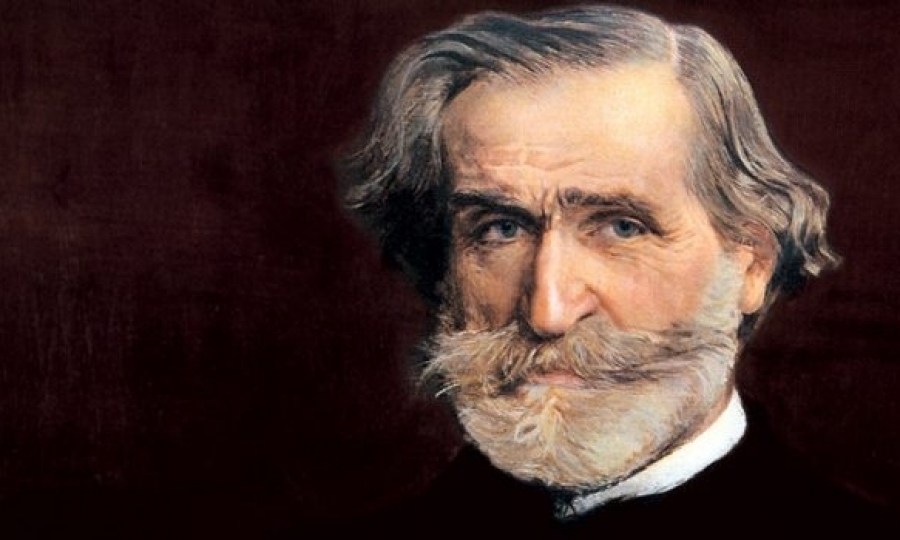“Opera” is the Italian term of international use to refer to a theatrical and musical genre in which the scenic action is combined with music, ballet and singing. The name “opera” actually is the conventional abbreviation of the original definition “opera in musica”.
The word “opera” is used in almost all the languages of the world. Even if other nations have undeniably important and valuable operatic traditions, the genre was born and developed in Italy, a country that possesses, not surprisingly, the greatest number of opera houses in the world.
The origins of the Opera date back to the passage between the 16th and 17th centuries, when a group of Florentine intellectuals, known as Camerata de’ Bardi, decided to formalize the new genre. Its historical roots go back to the medieval theater and to artists like Guido d’Arezzo, while the original idea has deep roots in the ancient theater and in particular in the classical tragedy.
The years from 1810 to 1830 are dominated in Italy by the figure of Gioachino Rossini who completes the experience of the comic opera (opera buffa). Rossini, who moved to Paris, inaugurated with “Guillaume Tell” the genre of the grand opéra, destined to a huge fortune in the following decades.
A turn towards a French or English-style romanticism comes from the theater of Giovanni Pacini, Saverio Mercadante and Gaetano Donizetti. In their wake, but with a greater attention to the representation of the historical reality of contemporary Italy is the figure of Giuseppe Verdi, author of some of the most famous and executed operas of all time, such as Rigoletto, La traviata, Aida and Otello.
Meanwhile, the French opera develops the opposing genres of the grand opéra (with sumptuous performances and dances) and of the opéra-comique (with spoken dialogues). With the second half of the century, however, an intermediate genre was imposed, the opéra-lyrique, to which Charles Gounod, Georges Bizet and Jules Massenet, among others, are dedicated.
The French model also has a decisive impact on the Italian operatic production of the seventies and eighties
of the nineteenth century.
Much less fortunate than the previous one, but destined to have a much longer and deeper impact on the evolution of the European musical theater is the alternative model by Richard Wagner.
After the mid-twentieth century, the production of new operas was significantly reduced, also due to the
emergence of new forms of entertainment such as cinematography, radio broadcasting and television.


